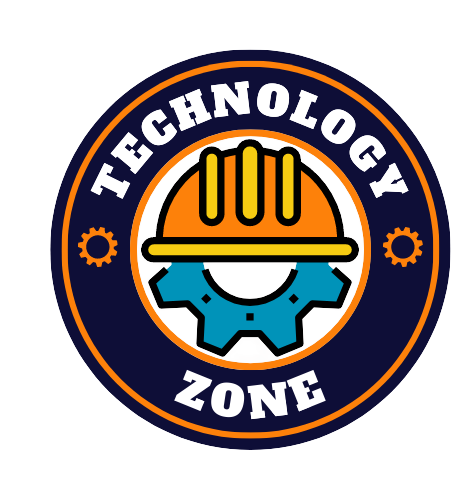108,854: That’s the number of tech layoffs that have occurred since the start of 2023. The number is shocking to many, but for those who work in tech, it won’t come as much of a surprise. For months now, companies such as HP, Wix, Docusign, Bolt, Gitlab, and GoDaddy, have been axing workforces in often harsh and fast rounds of redundancies.
If you work in the sector, it is likely you have been monitoring your own company’s hiring and firing patterns, hoping that you will not be in the next team to face the chopping block. Ahead of time, there’s no real way to know for sure who will get let go during a round of redundancies. Each company will have its own agenda and reasons for letting staff go.
During this time of uncertainty, many are re-evaluating their careers. There’s never been a better time to consider reskilling, upskilling, or even pivoting in your role. The good news is that there are plenty of recession- or lay-off-proof tech careers that are seeing strong growth.
Discover three of them below
- 1. Cybersecurity Analyst
- 2. Software Developer
- 3. Cloud Architect
1. Cybersecurity Analyst
It is no surprise that demand for cybersecurity workers is continuing, even as big technology companies lay off thousands of employees.
There were 755,743 online job postings in cybersecurity in 2022, according to research from cybersecurity workforce analytics site CyberSeek. While this is a slight drop from the 2021 numbers, there is still a promising supply-demand ratio in this field which currently stands at 68 workers per 100 job openings.
Leidos is an American defense, aviation, information technology, and biomedical research company headquartered in Reston, Virginia. It is currently seeking a Cybersecurity Network Analyst to efficiently and effectively tailor adversary and attack analysis, maintain awareness of applicable computer network exploitation policies, and analyze network packet information. To apply, you’ll need a Bachelor’s degree in software engineering or computer science and two years of demonstrated experience in cybersecurity techniques and network analysis. Find out more here.
2. Software Developer
Software developers or engineers continue to be one of the world’s most sought-after and lucrative career profiles.
In the past, most software developer jobs were found in big IT firms. However, as the world becomes more and more digitalised, the range of professional options in this field is expanding into lots of different sectors from government to health to banking and education.
According to the U.S. Bureau of Labor Statistics, jobs in software development are expected to increase by 25% between 2021 and 2031, creating huge demand. If this is an area you’re keen to explore, QuikTrip, a chain of convenience stores based in Tulsa, Oklahoma, is looking for an ambitious and dedicated Software Developer to join the team.
The duties and responsibilities for the role include product development and engineering, resolving technical issues, and improving software. If you’d like to apply, you’ll have five to eight years’ of experience in programming applications, knowledge of computer hardware, and excellent time management skills. You can read the full list of requirements here
3. Cloud Architect
While plenty of cloud companies such as AWS and Google have laid off staff in the last year, demand for talented people in this field is still in high demand. In April 2022, Gartner published a report estimating that global end-user spending on public cloud services in 2023 will reach $600 billion. For the sake of comparison, it was $410.9 billion in 2021.
On top of this, cloud computing is projected to have an annual growth rate of 19.1% through 2028. Skills in this field are widely transferable across industries too. Abrigo, a provider of software solutions to financial institutions, is looking for a Cloud Architect to come on board.
You’ll have a strong background in high-growth companies and be passionate about technology advancement and innovation. Responsibilities include developing a rigorous technology architecture, developing and driving the cloud computing strategy, and mentoring and working with senior and junior developers and architects to bring them up to speed.
Interested? You’ll need a Bachelor’s in computer science, or equivalent experience, five years’ leading complex engineering and cloud architecture initiatives, and a strong understanding of infrastructure architecture disciplines. Get more details here.
Apply for these jobs and thousands more on the Fossbytes Job Board today.
By Pippa Hardy


